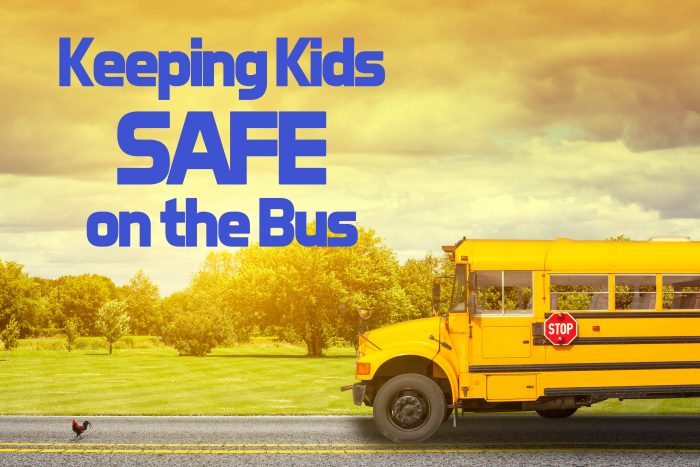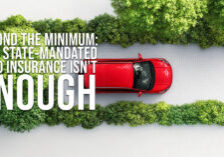
The horn on the bus goes beep, beep, beep. . . at the person who just cut them off and braked to a halt too quickly, causing an accident.
School bus drivers have a lot of responsibility on their hands–up to 72 children to be specific. That’s right, the maximum capacity of a standard school bus can be up to 72 children. Can you imagine having that many lives in your hands? You’d have to be pretty confident in your driving ability. Regardless of how well you drive, you can’t control how people around you are driving. The event of a school bus accident can be a tragedy.
Insurance for school buses differs from your typical automobile insurance, because it is a passenger transportation vehicle rather than a personal use vehicle. Because there are dozens of children that are at risk of getting injured, a commercial driver’s license is required for operating a bus. Fortunately, every state has specific legal requirements regarding the liability limits the busses must have. If a bus carries over 15 passengers, there is a required minimum limit of $5M in liability coverage, according to FMCSA, or Federal Motor Carrier Safety Administration. Even if there are 15+ kids on the bus, and all of them get injured, the insurance companies will not cover any exceeding fees. Though it is based on the district’s decision, higher liability limits are available and highly recommended.
Insurers are beginning to offer specialized coverages to better insure the bus. For example, busses must carry special insurance for an instance involving a student harming or injuring another student, not just insurance coverage in case of an accident.
For parents, these specialized coverages and high liability limit requirements can be a relief.










